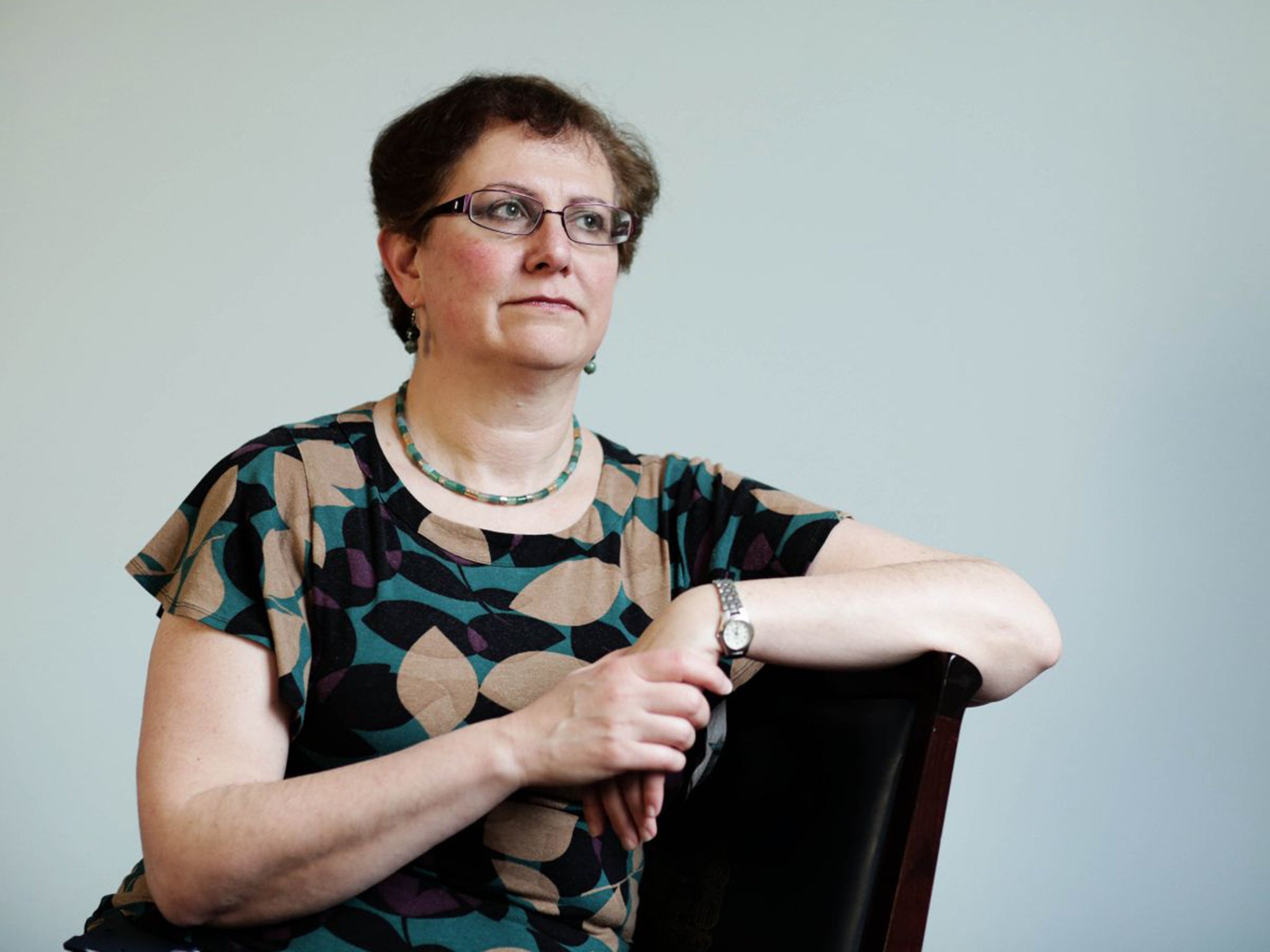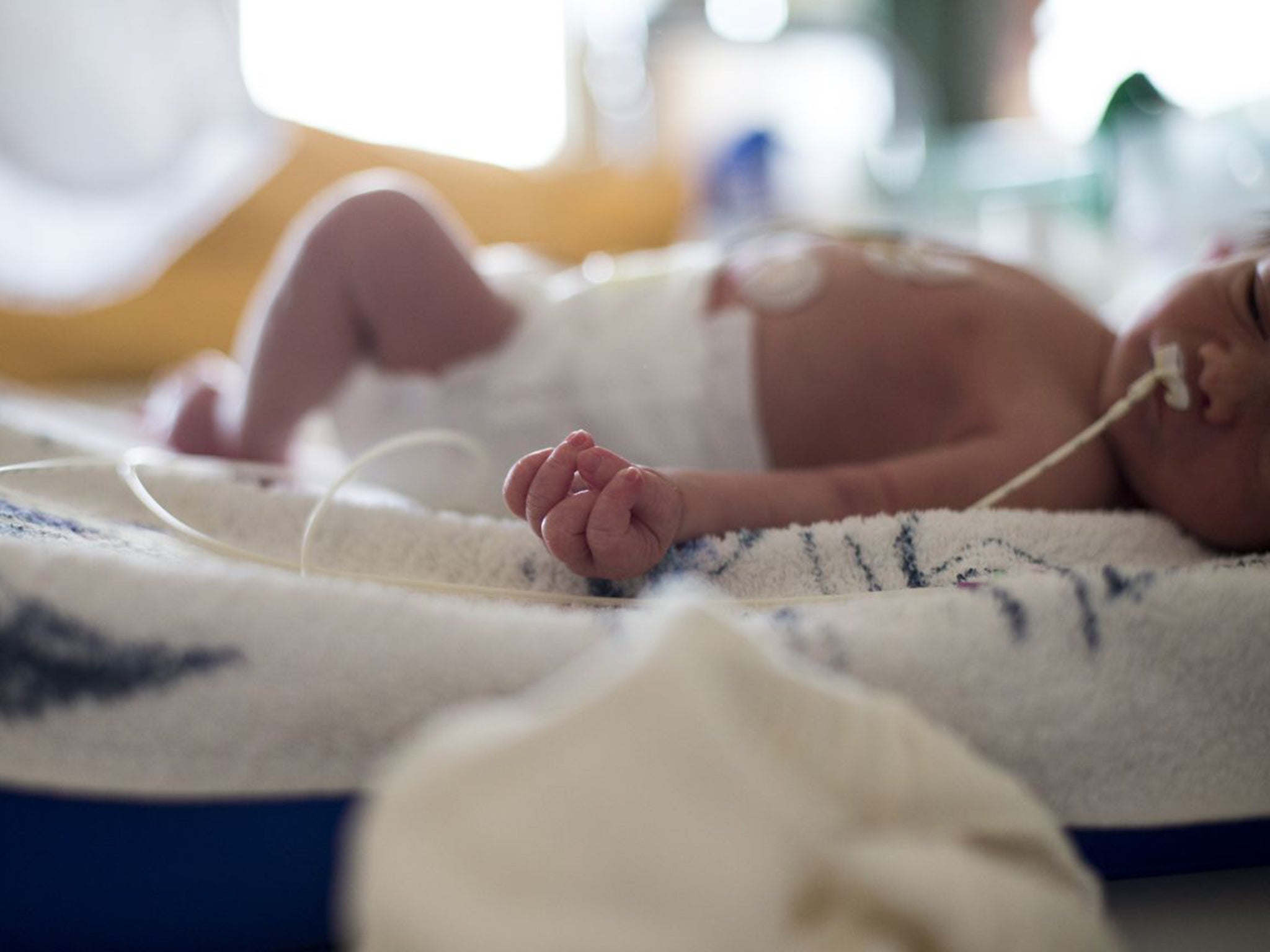Dr Hilary Cass: Britain doesn't need to have the worst child mortality rate in western Europe
'We can stop children dying if we change,' says leading paediatrician

Your support helps us to tell the story
From reproductive rights to climate change to Big Tech, The Independent is on the ground when the story is developing. Whether it's investigating the financials of Elon Musk's pro-Trump PAC or producing our latest documentary, 'The A Word', which shines a light on the American women fighting for reproductive rights, we know how important it is to parse out the facts from the messaging.
At such a critical moment in US history, we need reporters on the ground. Your donation allows us to keep sending journalists to speak to both sides of the story.
The Independent is trusted by Americans across the entire political spectrum. And unlike many other quality news outlets, we choose not to lock Americans out of our reporting and analysis with paywalls. We believe quality journalism should be available to everyone, paid for by those who can afford it.
Your support makes all the difference.Britain needs to overhaul the way that healthcare is delivered to children, one of the country’s leading paediatricians has warned in an interview with The Independent on Sunday.
Dr Hilary Cass, who, as president of the Royal College of Paediatrics and Child Health (RCPCH), represents more than 11,000 paediatricians in the UK, said that Britain has the worst child mortality rate in western Europe and this won’t improve without radical changes in the way that paediatric care is delivered.
In a passionate call for action, she said there should be compulsory training in child health for all GPs, more specialist centres of care and the creation of child healthcare hubs which would include trainee GPs, paediatricians, and psychologists.
Since taking up her role at the RCPCH in 2012, Dr Cass, who is also consultant paediatrician at Evelina London Children’s Hospital, said she had been shocked at the extent of the problem facing the NHS.
Every year, an estimated 1,951 additional children – around five a day – die in the UK compared with Sweden, Europe’s best performing country for child mortality. Some 60 per cent of the UK’s child mortality takes place in the first four weeks and much is due to babies being born prematurely. A mother is more likely to have a premature baby if she smokes, drinks or is a teenager, and “so what is important is education”, said Dr Cass.
“It comes down to what we are teaching teenagers about life and healthy relationship choices. Furthermore, poverty kills. Those who are socially disadvantaged are two times more likely to be admitted into hospital as a teenager.”
Education was crucial, Dr Cass said, because societal problems had a bigger impact on poor outcomes for children than the medical issues.
On first taking the role, Dr Cass thought she would discover that factors behind the UK’s high still birth and premature mortality rates would be linked to neonatal care or “a shortage of paediatricians and gaps in rotas” – but, in reality, education, or rather a lack of proper sex and relationship education, was more important.
“This is recognised by the health sector, and we need to get this recognised by those who pass legislation; but we also want the public to care about this,” she said.
Dr Cass commented that this was not on the agenda of the Secretary of State for Education, “because of the huge focus on academic output”.
She said the creation of childcare hubs would provide a mix of “brilliant” GPs working with those who were less comfortable working with children. “We have loads of kids coming to hospital being seen by the wrong person in the wrong place. Half the kids in A&E outpatients need not be in hospital and, if you come to hospital, you are more likely to be admitted.”

By encouraging parents to attend a hub, it would mean “more healthcare being delivered in the community, which is much more the way this is done in other countries”. “This is not about replacing GPs but supporting GPs – they would have a whole multi-professional team working there.”
Dr Cass said that the NHS needs to “break out of [the] perverse financial incentives that we currently have”. At present, GPs are paid by capitation – which means that, if you are on their list, the GP will get paid no matter how often you visit him or her –whereas hospitals are paid by the piece of activity.
“It incentivises the hospital to keep bringing people back to outpatients or to do as much work as possible,” the consultant said. “The GP gets little incentive for a patient who needs a lot of care.”
This was particularly true of preventative child healthcare she added. GPs received additional budgets for services that the NHS wanted them to do and, currently, much of this was to do with work with the elderly, rather than children.
“It’s hard for me to pitch why this is important to today’s government when the costs of doing child healthcare badly will not be seen for 10 or 20 years,” Dr Cass said.
“The political imperative is the frail elderly but, if you invest in children’s healthcare, it’s an investment down the line.”
The RCPCH president was critical of NHS reforms that have lead to greater privatisation. “The notion has been that competition would improve quality but there is very little evidence of that,” she said. “Everybody feels [that] the fragmentation has made it more difficult to navigate and to get the right levers to improve care.”
Join our commenting forum
Join thought-provoking conversations, follow other Independent readers and see their replies
Comments